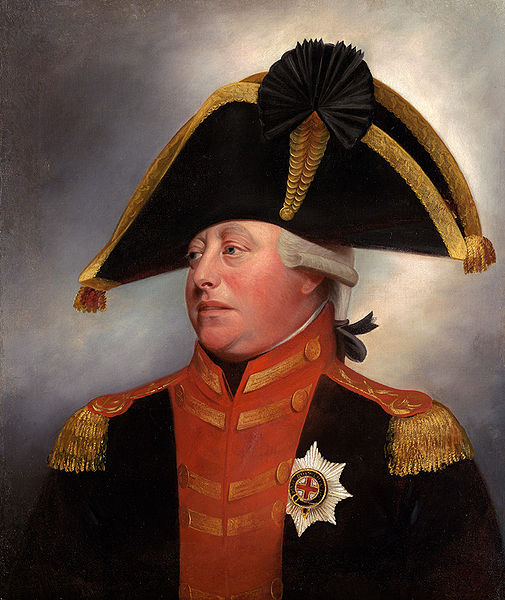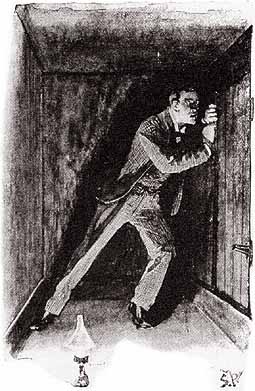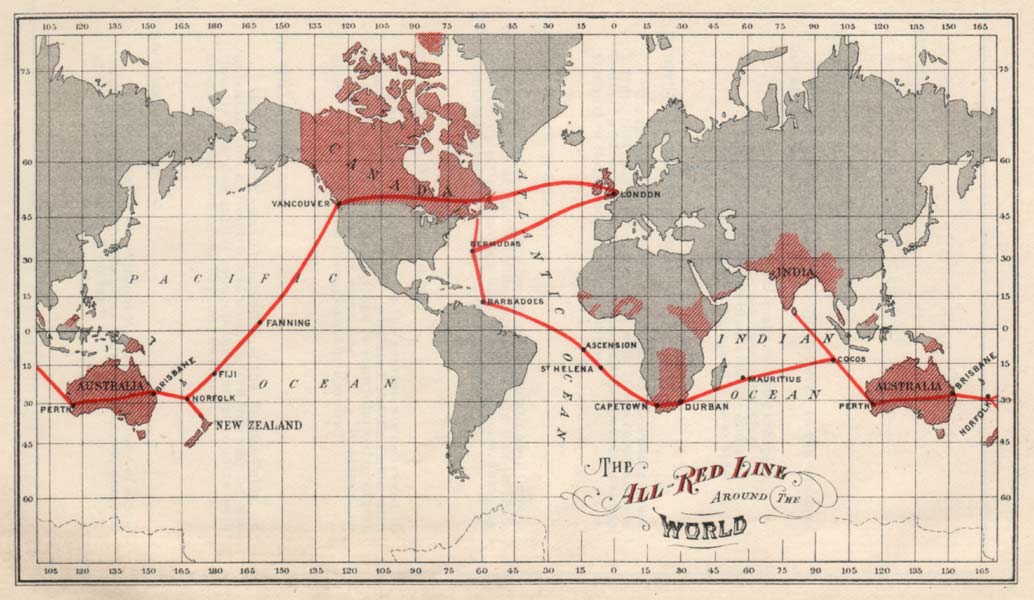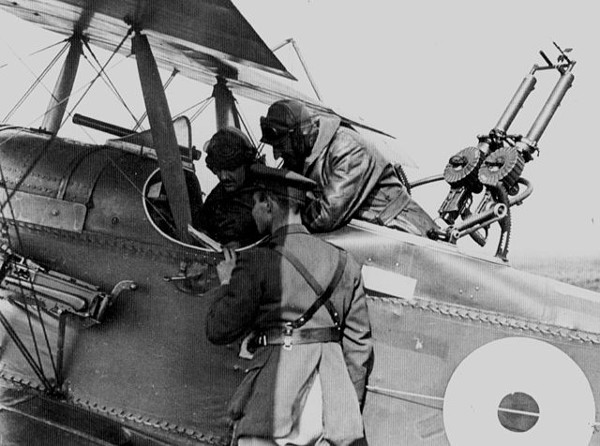
What Did George the Third Know?
He never saw a match.
He never saw a bicycle.
He never saw an oil stove.
He never saw an ironclad.
He never saw a steamboat.
He never saw a gas engine.
He never saw a type-writer.
He never saw a phonograph.
He never saw a steel plough.
He never took laughing gas.
He never rode on a tram car.
He never saw a fountain pen.
He never saw a railway train.
He never knew of Evolution.
He never saw a postage stamp.
He never saw a pneumatic tube.
He never saw an electric railway.
He never saw a reaping machine.
He never saw a set of artificial teeth.
He never saw a telegraph instrument.
He never heard the roar of a Krupp gun.
He never saw a threshing machine, but used a flail.
He never saw a pretty girl work on a sewing machine.
He never saw a percussion cap, nor a repeating rifle.
His grandmother did his mending with a darning needle.
He never listened to Edison’s mocking machine or phonograph.
When he went to a hotel he walked upstairs, for they had no lifts.
He never saw a steel pen, but did all his writing with a quill.
He never held his ear to a telephone, or talked to his wife a hundred miles away.
He never saw a fire engine, but when he went to a fire, he stood in line and passed buckets.
He never knew the pleasure and profit to be derived from reading Science Siftings.
— Science Siftings, 1894





